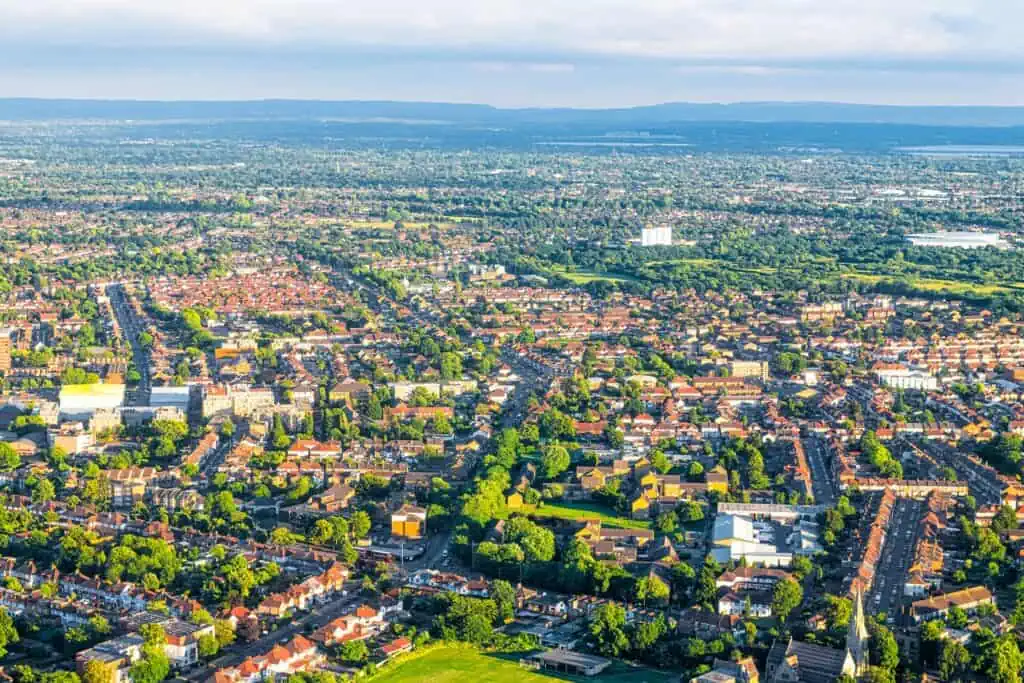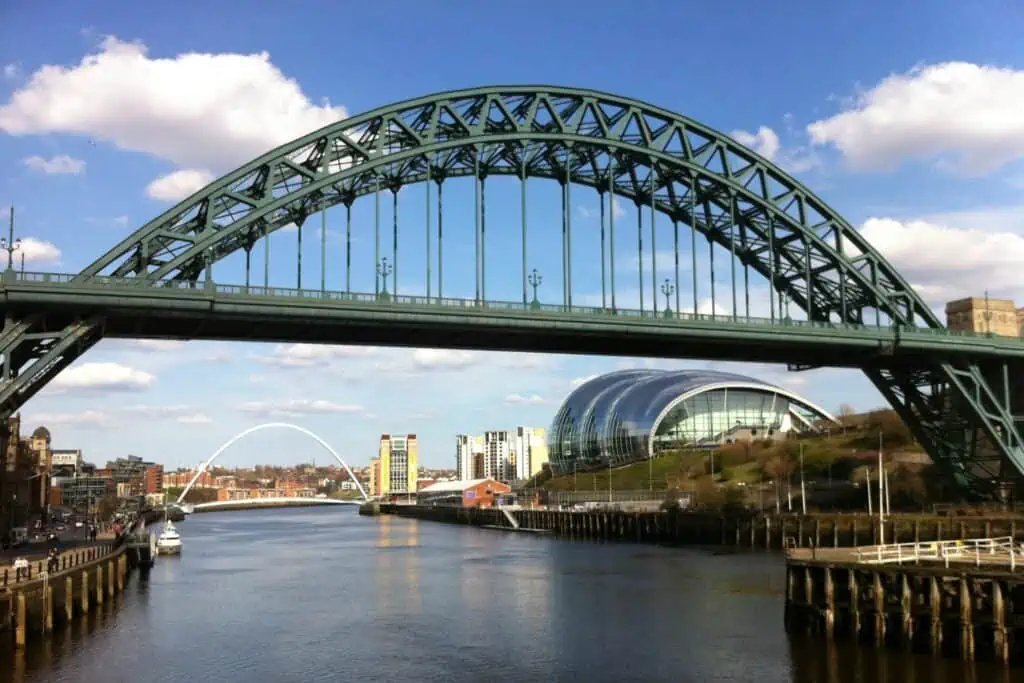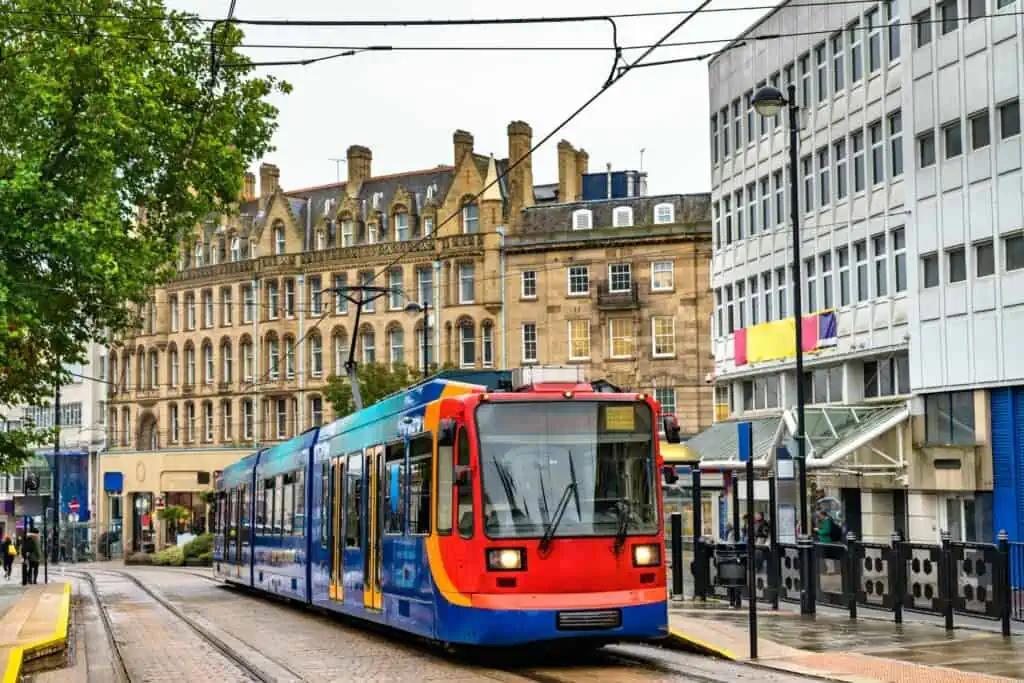Investing in buy-to-let properties can be a lucrative venture in Newcastle, a vibrant city in the United Kingdom. To help you navigate the process, here’s a guide to property investment in Newcastle:
Research the Market: Start by conducting thorough research on the Newcastle property market. Look at rental demand, property prices, neighbourhood trends, and any upcoming developments that might impact the rental market.
Set Investment Goals: Define your investment goals, such as the desired rental yield, capital appreciation, or long-term investment strategy. This will help you determine the type of property and location that align with your objectives.
Determine Your Budget: Assess your financial capacity and set a budget for your property investment. Consider the purchase price, additional expenses (e.g., stamp duty, legal fees), ongoing costs (e.g., mortgage repayments, maintenance), and potential rental income.
Choose the Right Location: Newcastle offers various neighbourhoods with their unique appeal and rental demand. Consider factors like proximity to amenities, universities, transport links, employment hubs, and the overall desirability of the area for potential tenants.
Property Selection: Decide on the type of property that suits your investment strategy. Options include apartments, houses, student accommodation, or houses in multiple occupation (HMOs). Take into account the target tenant market and their preferences.
Mortgage and Financing: Explore mortgage options and speak with mortgage advisors or lenders to determine the amount you can borrow. Shop around for the best mortgage rates and terms that suit your investment plans.
Legal Considerations: Engage a solicitor or conveyancer experienced in property transactions to handle the legal aspects. They will assist with property searches, contracts, and ensure compliance with all relevant regulations.
Property Management: Decide whether you want to manage the property yourself or hire a professional property management company. Property managers can handle tenant screening, rent collection, maintenance, and legal compliance, easing the burden of day-to-day management.
Calculate Rental Yield: Calculate the potential rental yield of your investment. Rental yield is the annual rental income as a percentage of the property’s value. Higher rental yields indicate better returns. Compare similar properties in the area to ensure you are making a sound investment decision.
Tenant Screening: Once the property is ready for rental, screen potential tenants thoroughly. Perform background checks, verify employment and income, and request references to ensure reliable and responsible tenants.
Ongoing Maintenance: Budget for ongoing maintenance and repairs. Regularly inspect the property to address any issues promptly. A well-maintained property can attract and retain quality tenants.
Stay Informed: Keep yourself updated on the changing rental market trends, legal regulations, and tax obligations. Attend property investment seminars, network with other investors, and seek professional advice when needed.
Chad House in Newcastle is a government backed investment led scheme. The development consists of newly renovated 1 and 2 bedroom apartments spread across 8 floors. Prices are from £152,000 giving up to 8.6% NET returns. Here you get 25 years guaranteed rent with only a £5,000 deposit required.
The development is located just on the outskirts of Newcastle surrounded by green space next to the river, and close to amenities such as shops, bars, restaurants,schools and hospitals. Housing is always in great demand for students, Newcastle is a thriving university city.
Newcastle University has a rich history dating back to 1834 when it was established as the School of Medicine and Surgery. It gained university status in 1963. The university is highly regarded for its research and teaching, consistently ranking among the top universities in the UK and globally.
The University offers a wide range of undergraduate and postgraduate programs across various disciplines. It comprises three main faculties: the Faculty of Humanities and Social Sciences, the Faculty of Medical Sciences, and the Faculty of Science, Agriculture, and Engineering. These faculties encompass numerous schools and departments, covering fields such as arts, business, engineering, health, sciences, social sciences, and more.
Newcastle University offers a vibrant student life, with numerous societies, clubs, and sports teams catering to a range of interests. The university’s Students’ Union organises social events, provides support services, and represents student interests. The university also offers support services for academic, personal, and career development.
Newcastle upon Tyne offers a diverse and vibrant shopping scene, with a mix of modern shopping centres, high-street brands, boutique shops, and traditional markets. The city offers a wide variety of retail experiences, catering to different tastes and budgets.
There are numerous shopping options catering specifically to students, offering affordable and student-friendly products. Newcastle has several discount stores where students can find affordable household items, kitchenware, toiletries, and other essentials. Stores like Poundland, Wilko, and B&M Bargains offer a wide range of products at discounted prices. Additionally, students can look out for the many student discount schemes on offer. Students can also get student discounts in many bars, restaurants and entertainment venues.
Newcastle upon Tyne, in the northeast of England, has a well-developed transportation infrastructure that offers various options for getting around the city and travelling to other destinations, to include the metro, buses, trains, taxis, cycling and ride sharing like uber is also very popular.
Newcastle is well-served by major roadways, including the A1(M), which runs north-south and connects the city to other parts of England and Scotland. The A69 and A167 also provide access to different areas within the region. However, like in any city, traffic congestion can occur during peak times, so it’s advisable to plan travel accordingly.
The International Airport is located around 6 miles from the city centre, Newcastle International Airport offers both domestic and international flights. It serves as a gateway to the region, connecting Newcastle to numerous destinations in Europe and beyond. The airport is well-connected to the city centre by public transport, including the metro and buses.
To summarise Newcastle is a thriving city, a perfect location for students and professionals, a buy-to-let investment here would be an asset to any portfolio.
Call 0207 856 0392 or email info@365invest.co.uk to book a free, no obligation consultation with our property specialist










